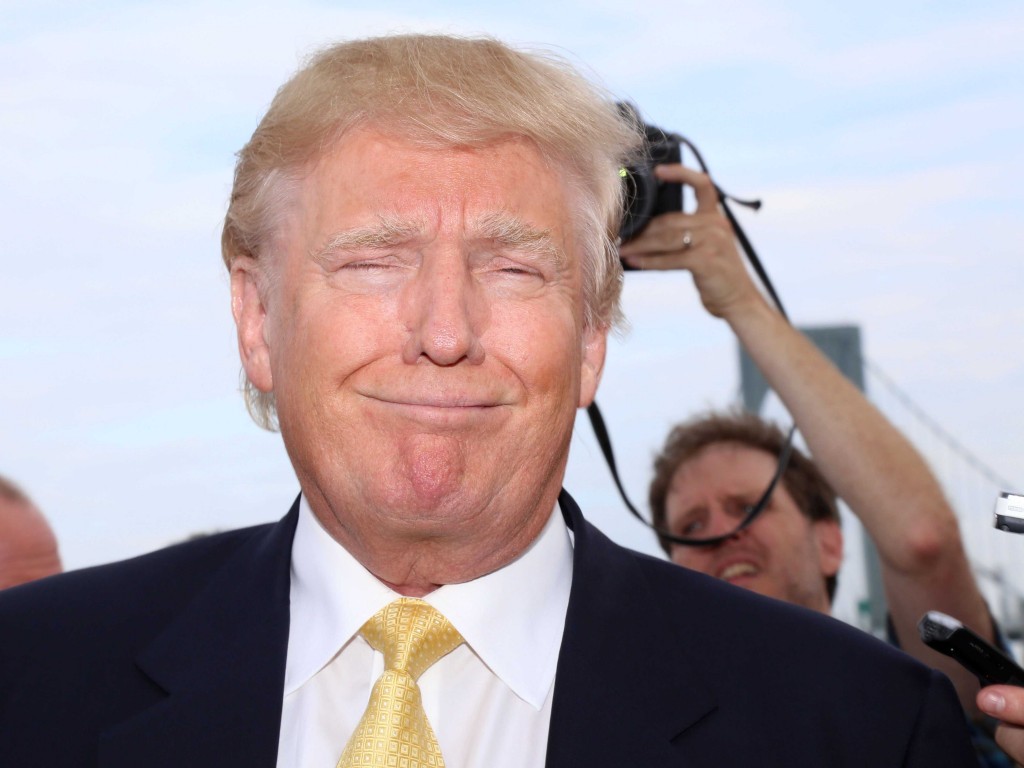
There’s a new commercial playing in these parts, in which a toothpaste company tangentially links their product to enhanced school performance.
Take a look. Continue reading “Critical Thinking Applications #47”

A Peer Reviewed Blog

There’s a new commercial playing in these parts, in which a toothpaste company tangentially links their product to enhanced school performance.
Take a look. Continue reading “Critical Thinking Applications #47”
 I’ve written before about the curious relationship between form and content — and the manner in which (despite how we usually think about it) meaning is the product of the former.
I’ve written before about the curious relationship between form and content — and the manner in which (despite how we usually think about it) meaning is the product of the former.
As but the latest example, consider this Lipton commercial currently on TV here in the US.
Recognize the song? Continue reading “S.O.B.”

As you might have seen recently in the news, James Dobson, noted evangelical leader and founder of the Focus on the Family empire, has made the public claim that Donald Trump, the Presidential candidate to whom he has lent quasi-official support, is a born-again Christian. This statement was made largely in an attempt to explain how Trump’s string of unsavory comments and crude vocabulary need not offput the “values voters” who Dobson represents and whose support Trump so desperately needs. Rather, Dobson located the reason for Trump’s language and attitudes in the fact that he is a “baby Christian,” or very recent convert. In other words, Dobson has argued, Trump should be given a pass in the matter of his foul language and otherwise distasteful comments since he was not raised in an evangelical environment, and is just learning the cultural ropes, so to speak.
It will surprise no one that a wave of anti-Trump folks responded to the “baby Christian” comment by claiming that Trump’s ethics are so bankrupt that this news couldn’t possibly be taken seriously. Yet as Russell McCutcheon himself recently argued, the progressive clamor over whether Trump’s religiosity is “genuine” — that is, reflective of some inward personal shift — is actually a conservative move in the sense that it presumes the existence of some sort of authentic religious experience that is deemed authoritative and positive precisely because it is presumed apolitical. McCutcheon’s analysis points to the fact that since every religious act is designed to have some impact on the power relationships shared by people, every such act is political in one way or another. So while Trump may be among the more colorful candidates to invoke religion while on the campaign trail, there’s nothing particularly unique in how he’s doing it. Continue reading “Christianity as Logo: Is Donald Trump a “Baby Christian”?”

In the ever-growing torrent of op-eds about Donald Trump, the subject of the candidate’s misogyny has increasingly become a topic of interest and focus. Most recently, I came across this New York Times piece by conservative columnist David Brooks. In it, Brooks bemoans Trump’s bombastic misogyny that seems predicated upon competitive alpha male one-upmanship. Continue reading “Marketable Misogyny”

Donald Trump received some criticism from an interesting corner this past week when Pope Francis all but declared Trump “un-Christian,” an assessment rendered in response to the latter’s planned policy to build a wall between the US and Mexico if he is elected President. Predictably, Trump fired back with a series of remarks alleging that if ISIS were to attack the Vatican (a possibility in a world without Trump as President, he surmised), then the Pope would seriously regret his words. Although both offered more conciliatory statements later, the spectacle that remained exposed some of the very interesting seams of social identity, seams that should be particularly intriguing to anyone interested not just in the study of religion, but also in the dynamics of public life.
As a scholar of religion with an eye for social theory, one of the first rules of engagement that I use when analyzing a situation such as this is to presume that labels like “Christian” are more shifting descriptors of a particular group’s interests and place in a society rather than a finite, essentialist definition of them. In other words, there is not a single thing that characterizes all people who call themselves “Christian,” and so what intrigues me about the use of the term is why and how we use it when we do, rather than assuming that it is a neutral, self-evident category that objectively describes the world. Continue reading “Who Is A Christian?: The Donald, The Pope, and the Rhetoric of Religion”
 Donald Trump’s position statement last week excluding Muslims from entering the United States generated a round of bipartisan condemnation, as the White House spokesperson asserted that the statement disqualified Trump from the Presidency and Dick Cheney, among others, argued that the position “goes against everything we stand for and believe in.” While I certainly agree that Trump’s discriminatory approach should be rejected, the effort to exclude the excluder invites reflection on acts of identification. Continue reading “Fighting Exclusion with Exclusion”
Donald Trump’s position statement last week excluding Muslims from entering the United States generated a round of bipartisan condemnation, as the White House spokesperson asserted that the statement disqualified Trump from the Presidency and Dick Cheney, among others, argued that the position “goes against everything we stand for and believe in.” While I certainly agree that Trump’s discriminatory approach should be rejected, the effort to exclude the excluder invites reflection on acts of identification. Continue reading “Fighting Exclusion with Exclusion”